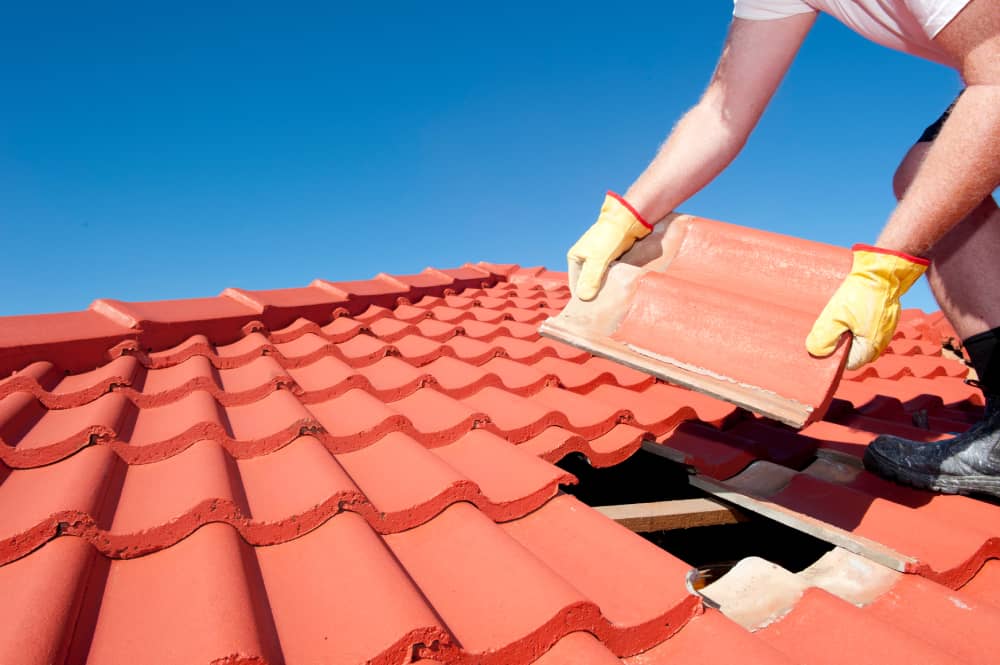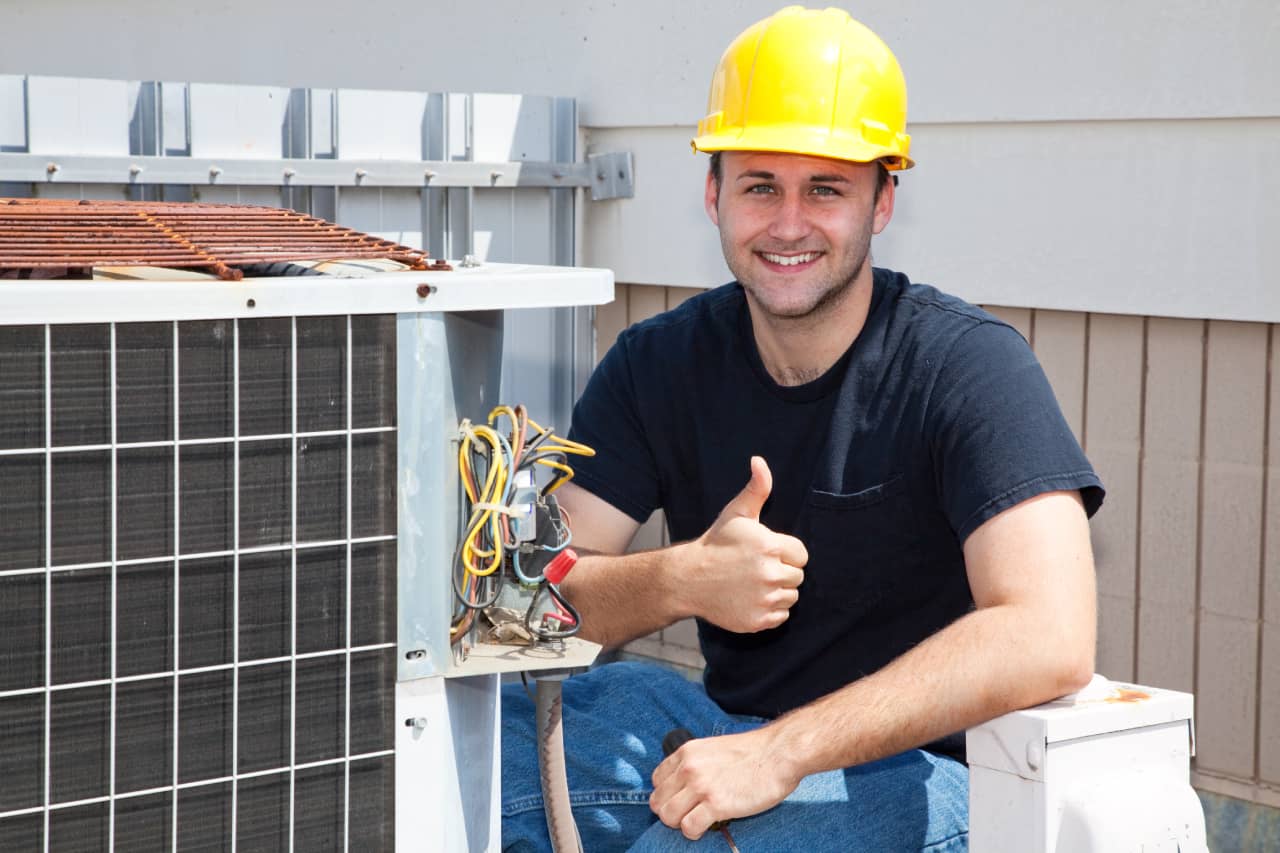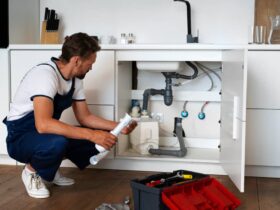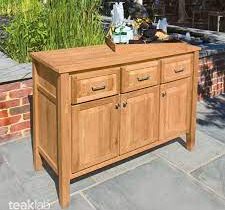While many homeowners recognize the importance of having a fully functional heating, ventilation, and air conditioning (HVAC) system in a household, its cleaning and maintenance are often overlooked. However, it’s essential to ensure that your HVAC system is in excellent condition, especially once the warm or cold seasons start. Doing so will allow your family to feel comfortable amid extreme temperatures while preventing unnecessary increases in your energy consumption.
You’ll need regular HVAC inspections or tune ups with service specialists to protect your HVAC system from malfunction. Experts advise homeowners to schedule complete system maintenance at least once a year for heating and cooling systems to reduce energy costs, avoid expensive repairs, and prolong their life span.
Besides, those with an existing warranty on their HVAC systems may be required to have regular maintenance to keep it in force. Warranty agreements can help owners manage repair costs in case of damage or system breakdowns, and this is why routine maintenance measures should be observed.
If you’d like to know what to expect when scheduling an HVAC tune up with specialists, continue reading this article.
1. Visual Inspection
A complete HVAC tune-up commonly starts with visual inspections. The cleaning and maintenance specialist will visually assess the condition of your systems and the surrounding area to look for any signs of damage or deterioration. Some of these signs include:
- Unusual marks or discoloration on the surface of the heating or cooling system
- Unpleasant odors emitted from vents
- Strange sounds or noises coming from the appliances
- Leaks
- Presence of mold and mildew
- Dust and debris
Aside from these indicators, the specialist will also assess the quality of airflow and whether or not the systems can regulate the temperature indoors. The assessment results will then be used as the basis for their work to keep your HVAC systems in optimal condition.
2. Functionality Assessment
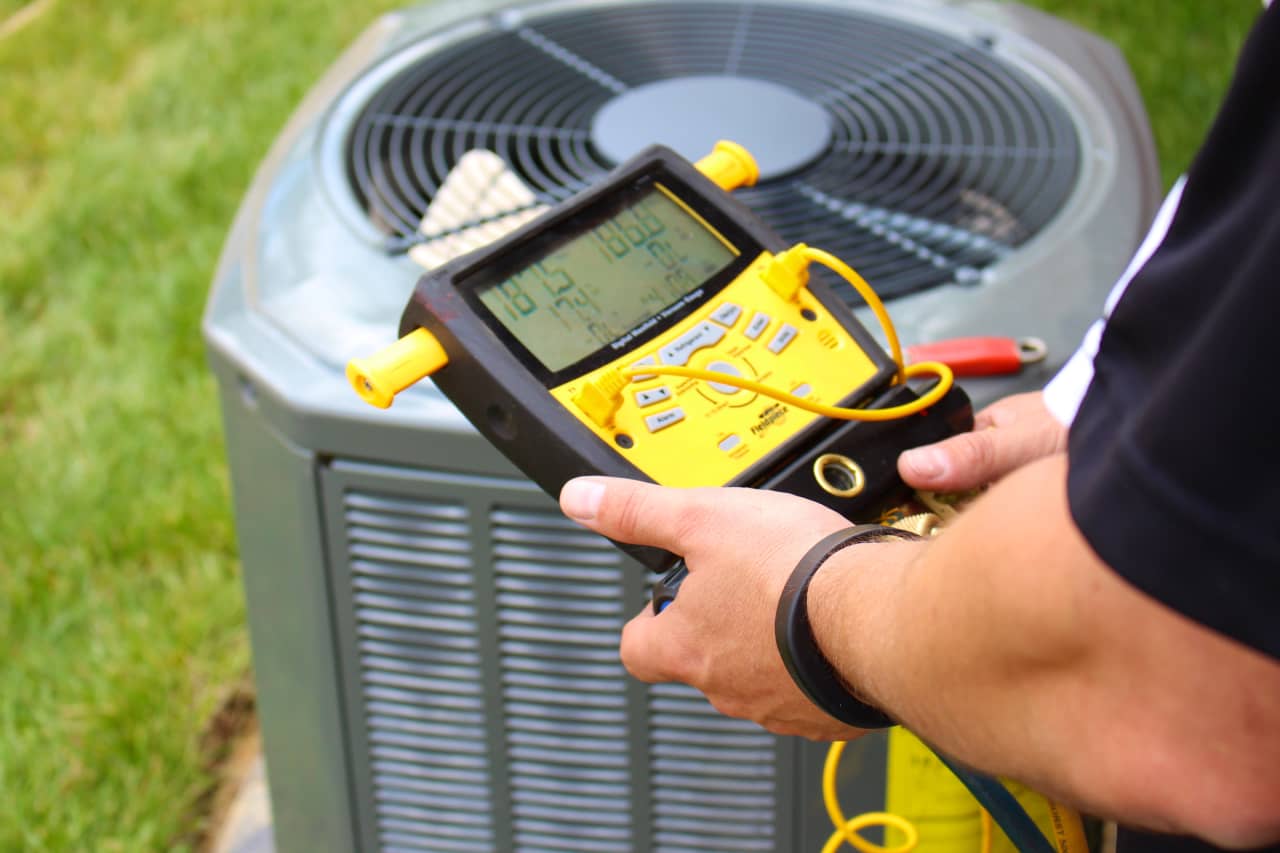
After the visual inspection, your HVAC specialist will proceed to test the functionality of the heating and cooling systems. The testing procedures usually include:
- Evaluating the installation quality of the temperature regulating units
- Testing the voltage and amperage of each system
- Checking the functionality of safety controls
- Assessing the start-up process and the duration of heating and cooling cycles
- Clearing the clog or dirt in blower vents and other components
- Examining the quality of airflow
Assessing these aspects is essential to HVAC tune-ups as they’re critical in the early identification and repair of faulty components or processes. Moreover, testing the functionality of HVAC systems often requires professional tools to ensure safety and avoid damage, which is why it’s essential to hire professional services when evaluating the functionality of your appliances.
3. Cooling System Tune-Up
The heating and cooling systems will be cleaned and repaired separately. Depending on the specialist, one would be worked on first, followed by the other. Some companies also send more than one technician, and the scope of work will be divided among the workers.
The next step after the assessments is cleaning and repairing the air conditioner, a task ideally done in the spring in preparation for the summer heat. Here are some of the procedures for cleaning and fixing the air conditioner:
- Removal, cleaning, or replacing the air filter as required
- Checking and cleaning the open spaces near or around the equipment
- Testing and securing wires and other electrical components
- Checking, cleaning, or oiling moving parts
- Assessing and fine-tuning the refrigerant level as needed
- Removal, cleaning, and treating the condensate drain with chemicals that prevent microbial growth
- Testing and repairing the control buttons and the thermostat
- Cleaning and repairing the condenser and evaporator
Most tune-up procedures involve thorough cleaning, although the technician may also find damaged parts that need to be repaired or replaced. Because of this, it’s best to prepare for additional costs that would cover the repair or replacement of any mechanical parts. Some companies also have basic features ready for use if a replacement is needed, making it easier and more convenient to have the machine up and running after a maintenance procedure. You can also discuss your options with the specialist to find alternative solutions that may cost less or be more convenient for you.
4. Heating System Tune-up
Your home’s heating system requires regular maintenance to operate safely and effectively. Heater tune-ups include assessment, basic cleaning, repair, and replacement procedures. These tasks help remove dirt buildup, improve air quality, and optimize temperature regulation. Additionally, regular tune-ups help protect your furnace from being overworked or damaged.
The ideal time to schedule heater maintenance is in the fall. Doing so allows you to address any heating issues affecting your indoor temperature regulation in the extreme cold during winter. Moreover, it also helps you save on energy costs because the heater will be working in optimal conditions.
When the HVAC specialist works on the heating system, the tune-up usually involves these procedures:
- Changing of filters
- Soot removal
- A complete inspection of gas or oil connections
- Testing and repair of the burner combustion
- Checking and repairing leaks or cracks in the heat exchanger
- Cleaning and lubricating mechanical parts
- Examining and cleaning flame sensors
- Removing dirt buildup from coils, burners, and other electrical components
- Checking the unit for any signs of burns or leaks
- Evaluating gas or oil pressure
Have a trained technician inspect your heating system annually to ensure it’s safe and convenient to operate. Regular heater tune-ups are essential to prevent gas leaks or combustion accidents. They’re also helpful in improving the energy efficiency in your home and minimizing heating costs, especially during the winter months. Finally, having a fully functional heater will help ensure your family’s safety and comfort amid cold temperatures.
Conclusion
Experts advise homeowners to arrange yearly maintenance for each HVAC system to ensure they’re clean, free of damage and functioning correctly. Most homeowners schedule separate maintenance appointments for each system to make the most of each visit and make them easier to manage.
Aside from this, you can also do your system cleaning and inspection from time to time, such as cleaning or replacing air filters and removing dirt buildup on the air vents. Furthermore, you can keep the area surrounding your heating and cooling units clean, dry, and free of microbial growth and infestation.



